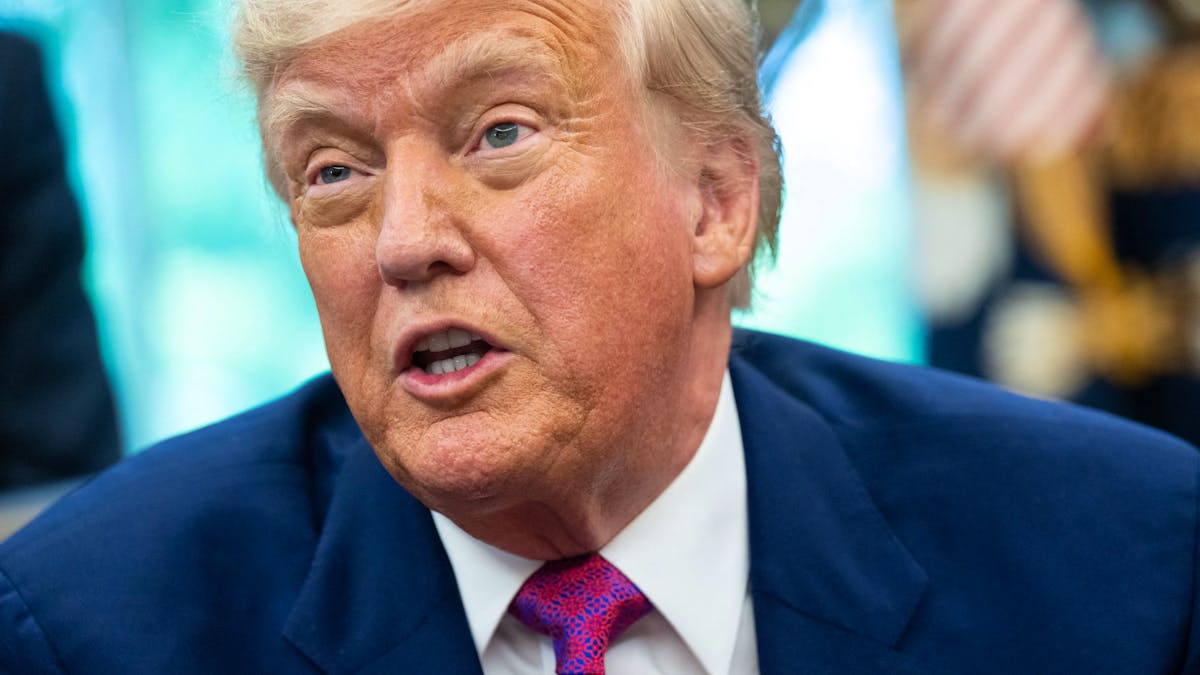Donald Trump announced that he would sign a decree on Monday which, according to him, will reduce prices of prescription drugs in the United States from 30% to 80%.
“They will increase worldwide to compensate and, for the first time in many years, bring equity to America!” the American president In a message posted Sunday evening, on its social social network. He must sign the decree implementing this new policy, Monday morning, at 9:00 a.m. local (3:00 p.m. Swiss).
It will consist in ensuring that “the United States pays the same price as the nation which pays the lowest price in the world,” said the republican billionaire, ensuring that this decline would apply “almost immediately”. Questioned by AFP, the White House did not give more precision about how this measure will work.
Campaign promise
The host of the White House has a long time the pharmaceutical industry to lower the prices of medicines, among the highest in the world and much more expensive than in border countries (Canada and Mexico) and in Europe.
According to a study by the RAND Corporation, the United States pays an average of 2.5 times more for prescription drugs than France for example. Donald Trump was committed to reducing this gap during his presidential campaign.
In mid-April, he had already signed a first decree ordering his administration to work on a series of measures to lower the prices of medicines.
Import of drugs
Among the actions listed: Improvement of the negotiation process between public health insurance and pharmaceutical groups or the possibility offered to states to import drugs directly from foreign countries to lower costs.
The negotiations carried out by public health insurance of the over 65s “Medicare” on the prices of certain drugs are long-term processes and the reduced prices negotiated by former president Joe Biden-who also led an offensive in this area-will not take effect for example in 2026.
From his first mandate (2017-2021), Donald Trump had taken measures to reduce prices, already with the displayed objective of aligning them with those the lowest applied in the world. But this plan had produced little effect in the face of the opposition of the pharmaceutical industry.

